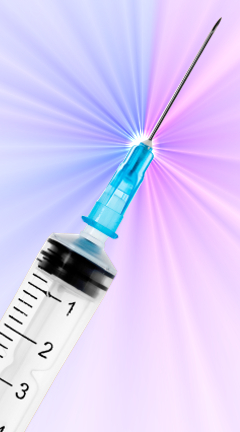Oxford asked for openness
 Experts and regulators are questioning claims made about the Oxford-AstraZeneca COVID-19 vaccine.
Experts and regulators are questioning claims made about the Oxford-AstraZeneca COVID-19 vaccine.
The company has claimed that one dosing option provides 90 per cent protection against COVID-19, but it has since emerged that the lower dosage level that appeared more effective resulted from a manufacturing discrepancy.
AstraZeneca and its partner, the University of Oxford, did not initially disclose the error and other key details, leading to concern over their transparency.
Some have labelled the trials “shaky science”.
The vaccine is now headed for an additional global trial in an attempt to clear up the uncertainty and confusion.
UK authorities have openly questioned whether the vaccine meets “rigorous safety standards”, while the US Food and Drug Administration has suggested it may take longer to approve the Oxford-AstraZeneca vaccine — if at all — given the questions over the results.
“[AstraZeneca] hasn't handled it the best,” RMIT immunology and vaccine expert Kylie Quinn has told the ABC.
“The error in the dosing is disappointing, disappointing to hear that that would happen at this particular point in time.
“But this whole situation highlights the importance of clear communication of exactly what's being done.
“And I hope in one respect the reaction [across the world] reassures the community how much scrutiny there is, and that by the time it gets approved by a regulatory body we can be reassured their vaccines have gone through a very high level of scrutiny.”
Some experts have pointed out that even the 62 per cent efficacy reported by the company in a planned dosage regime is above the 50 per cent required by most authorities.
Health Minister Greg Hunt has refused to comment on the developments with the Oxford-AstraZeneca vaccine.








 Print
Print